News
ABA President Refo Welcomes Removal of US Sanctions on ICC Personnel

On April 2, 2021, President Biden revoked Executive Order 13928 (issued June 2020), which had created a legal regime for travel and financial sanctions to be imposed against ICC personnel, their family members, and civil and criminal penalties against those who support or assist sanctioned individuals. The previous administration had imposed sanctions on the ICC Prosecutor and another senior staff member in Sept. 2020. Other previously imposed restrictions on ICC personnel were also lifted.
In a press statement, US Secretary of State Blinken said the revocation decisions “reflect [their] assessment that the measures adopted were inappropriate and ineffective,” and that despite the administration’s disagreement with certain ICC cases, US concerns “would be better addressed through engagement with all stakeholders in the ICC process rather than through the imposition of sanctions.”
In a statement, ABA President Patricia Lee Refo welcomed the change and reiterated that sanctioning legal professionals weakens the rule of law.
Three successive ABA Presidents have issued public statements urging the United States to refrain from and reverse threats and sanctions against legal professionals for their work pursuing accountability for atrocity crimes at the ICC, and urging all governments to respect and protect the Court’s independence. In Aug. 2020, the ABA adopted policy (Res. 114) condemning such threats. As previously highlighted by President Refo, Executive Order 13928 and associated sanctions could have had potentially “severe consequences not only for ICC officials and staff, but also for the diverse groups of victims and legal professionals who contribute to the court’s work.”
Read the ABA’s full statement here.
Part of the Atrocity Crimes Initiative, the International Criminal Court (ICC) Project is an independent initiative of the ABA Center for Human Rights and Criminal Justice Section that advances international criminal justice and US-ICC relations through advocacy, education and practical legal assistance. For more information about the ICC Project, including ABA policy related to the ICC, visit its website.
Statement of ABA President Patricia Lee Refo Re: U.S. Sanctions on International Criminal Court Staff

On September 2, 2020, the ICC Prosecutor and a senior staff member were designated by the US Office of Foreign Asset Control as “specially designated nationals.” In response, ABA President Patricia Lee Refo issued a statement again condemning the use of punitive economic and travel sanctions against ICC personnel, urging nations to protect the ICC’s independence and urging the US administration to reverse the decision immediately.
Noting the potentially “severe consequences not only for ICC officials and staff, but also for the diverse groups of victims and legal professionals who contribute to the court’s work,” President Refo said that “sanctioning legal professionals for their investigating and prosecuting allegations of atrocity crimes on behalf of an independent judicial institution is an act of intimidation and attack on the rule of law.”
President Refo’s statement follows statements by previous ABA Presidents Bob Carlson and Judy Perry Martinez urging the United States to reverse previously imposed visa restrictions on ICC personnel and Executive Order 13928 (which authorized the sanctions imposed on September 2) respectively.
Read the ABA’s full statement here.
Part of the Atrocity Crimes Initiative, the International Criminal Court (ICC) Project is an independent initiative of the ABA Center for Human Rights and Criminal Justice Section that advances international criminal justice and US-ICC relations through advocacy, education and practical legal assistance. For more information about the ICC Project, including ABA policy related to the ICC, visit its website.
ABA Adopts Policy Condemning Threats Against the ICC and Its Officers
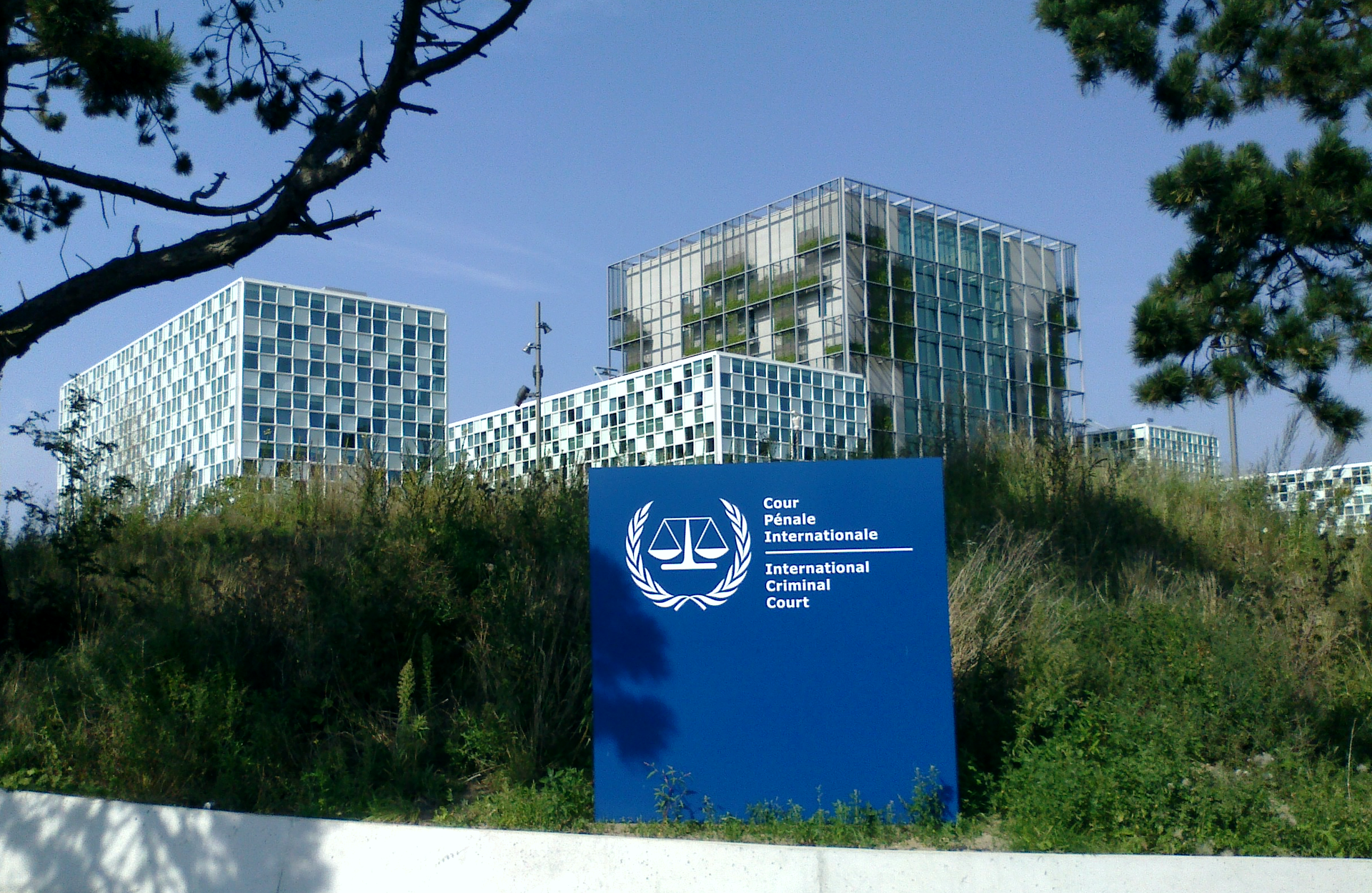
At the 2020 American Bar Association (ABA) Annual Meeting, held virtually, the ABA House of Delegates adopted policy “urg[ing] all national governments to observe, respect, and protect the independence of the International Criminal Court;” and “condemn[ing] threats by governments to the International Criminal Court and its officers and personnel in the performance of their duties.”
The policy adopted follows previous statements by ABA Past Presidents Bob Carlson and Judy Perry Martinez urging the US government to rescind and refrain from further sanctions against legal professionals working at the International Criminal Court. The ABA has a long historyof policy support for the International Criminal Court as a crucial venue for accountability for atrocity crimes, and has in the past encouraged the United States to engage cooperatively with the Court’s investigations and proceedings.
Read the full Resolution 114 and its accompanying report here.
Part of the Atrocity Crimes Initiative, the International Criminal Court (ICC) Project is an independent initiative of the ABA Center for Human Rights and Criminal Justice Section that advances international criminal justice and US-ICC relations through advocacy, education and practical legal assistance. For more information about the ICC Project, visit its website.
ICC Project Board Members Comment on US Sanctions on the International Criminal Court
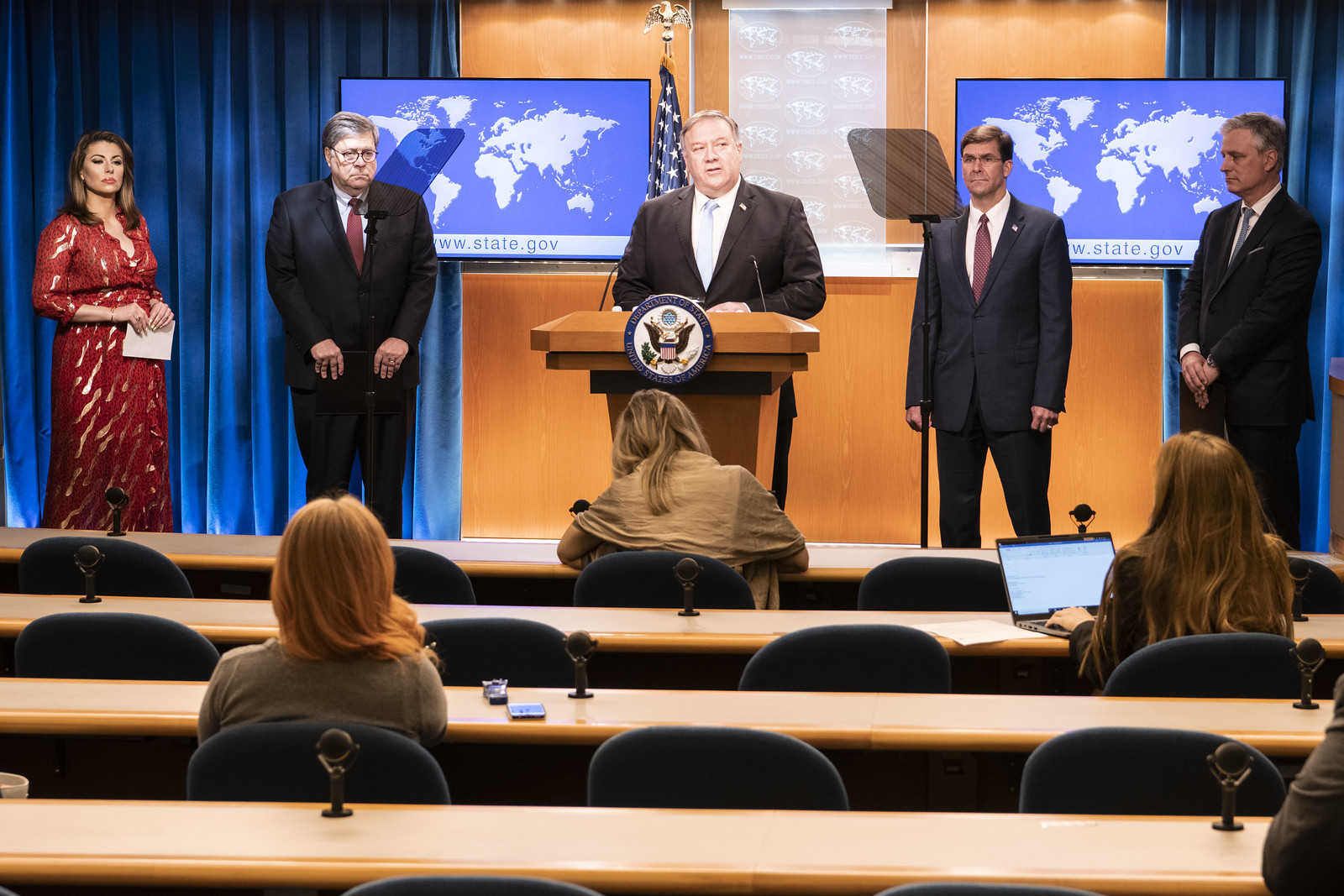
Note: Analysis and commentary collected below represents the views of the authors in their personal capacities. They have not been approved by the House of Delegates or the Board of Governors of the American Bar Association and, accordingly, should not be construed as representing the position of the Association or any of its entities. For a list of ABA policies and statements related to the International Criminal Court, see the ICC Project’s website.
Washington, DC - In response to the United States’ June 11, 2020 “Executive Order on Blocking Property Of Certain Persons Associated With The International Criminal Court” and previous policy statements attacking the independence of the International Criminal Court, many members of the ICC Project’s Board of Advisors wrote analyses, made recommendations, and shared their perspectives on the executive order and its potential impact on the ICC, its staff, and other individuals or organizations who support the Court’s work (potentially including US citizens and organizations). Their varied articles reflect research, expertise and previous work in academia, government, the military, and international criminal tribunals. Comments highlight the policies’ impact on the historical leadership role the United States has played in supporting justice and accountability for atrocity crimes.
In addition to the individual views and open letter listed below, groups of ICC States Parties, civil society organizations, and bar associations (including the American Bar Association) have also issued public statements expressing concern or opposition to the executive order, including its attempt to sanction legal professionals for doing their jobs as part of an independent judicial institution.
Expert Analysis, Commentary, Op-Eds, & Interviews
Gen. Wesley K. Clark, The United States has Nothing to Fear from the ICC, Foreign Policy (July 2, 2020)
David Crane, The Wrong Side of History—The United States and the International Criminal Court, Jurist (June 13, 2020)
Benjamin Ferencz, Nuremberg Prosecutor’s Warning about Trump’s War on the Law, Daily Beast (July 19, 2020)
Christopher ‘Kip’ Hale, United States Must Not Become a Pariah in International Justice, Int’l Criminal Justice Today (July 17, 2020)
Leila Sadat, First They Came for Me and My Colleagues: the U.S. Attack on the Int’l Criminal Court, Just Security (June 29, 2020)
Amb. David Scheffer, The Self-Defeating Executive Order Against the International Criminal Court, Just Security (June 12, 2020)
Beth Van Schaack, Interview: High Noon at the ICC, Asymmetrical Haircuts Podcast (June 23, 2020)
Beth Van Schaack, The Int’l Criminal Court Executive Order: Global Reactions Compiled, Just Security (Sept. 1, 2020)
Amb. Clint Williamson, Administration’s Actions Towards ICC Damage U.S. Global Standing, McCain Institute (June 12, 2020)
Statement of Lawyers and Legal Scholars Against U.S. Sanctions on ICC Investigators of Atrocities
Many ICC Project board members also contributed to and chose to sign (in their personal capacities) an open letter from 188 scholars, lawyers, diplomats, civil servants and national security professionals urging President Trump to rescind Executive Order 13928. Signatories wrote that they “share the conviction that sanctioning ICC lawyers for carrying out their responsibilities to investigate atrocities is wrong in principle, contrary to American values, and prejudicial to U.S. national security.” Acknowledging a diversity of views on the ICC and the investigation of the situation in Afghanistan, the letter said that “sanctioning ICC lawyers is also contrary to our longstanding national commitment to human rights, the rule of law, and accountability for those who commit atrocities,” noting that these actions undermine the legitimacy of sanctions used in other contexts, and impact US credibility in its support for accountability in other atrocity situations. The letter was posted both in the Washington Post and Opinio Juris.
Part of the Atrocity Crimes Initiative, the International Criminal Court (ICC) Project is an independent initiative of the ABA Center for Human Rights and Criminal Justice Section that advances international criminal justice and US-ICC relations through advocacy, education and practical legal assistance. For more information about the ICC Project, visit its website.
Statement of ABA President Judy Perry Martinez re: U.S. Sanctions of International Criminal Court Personnel
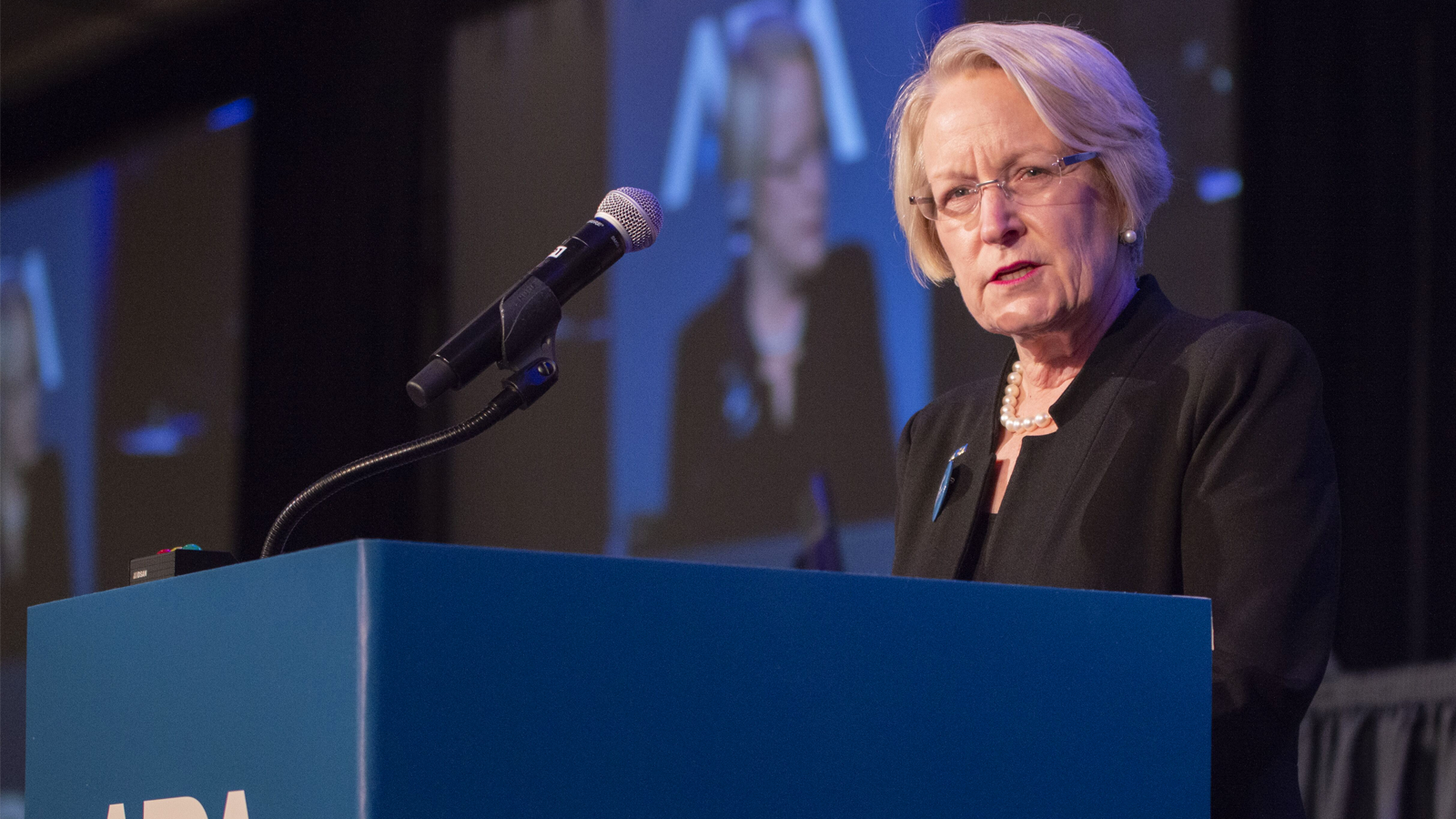
Washington, D.C., Friday, June 12, 2020 - The American Bar Association expressed deep concern today over recently announced US policy authorizing sanctions on the International Criminal Court, its staff, and others.
On Thursday, June 11, 2020, Secretary of State Pompeo, joined by several other administration officials, announced that the Trump administration was “authorizing the imposition of economic sanctions against ICC officials directly engaged in the ICC efforts to investigate U.S. personnel or allied personnel against that allied state’s consent, and against others who materially support such officials’ activities,” as well as “expanding visa restrictions for officials directly engaged in those same investigations,” including their family members. The potential sanctions are detailed in Executive Order 13928.
In a statement, ABA President Judy Perry Martinez recalled the ABA’s long support for the Court and renewed the ABA’s “longstanding call that the U.S. conduct and complete its own thorough investigation and prosecution of any atrocity crimes committed by U.S. officials and personnel and, in so doing, exercise U.S. sovereignty.” The ICC is a court of last resort, and only has jurisdiction where states themselves are unwilling or unable to prosecute the crimes the ICC is investigating. The ICC is currently investigating atrocity crimes committed on the territory of Afghanistan, an ICC State Party, which include crimes allegedly committed by the Taliban as well as crimes allegedly committed by Afghan national forces and US armed forces and CIA personnel. Allegations against US personnel are focused on alleged torture and detainee abuse.
“As Secretary Pompeo has acknowledged,” President Martinez noted, “the U.S. is able to conduct its own investigations of such actions which, if carried out, would effectively eliminate ICC jurisdiction. But to date the U.S. has not done so.”
Around the world, other bar associations and groups of civil society organizations, lawyers, States Parties, and UN experts also expressed similar concern about the policies.
Read the ABA’s full statement here.
The American Bar Association’s (ABA) International Criminal Court (ICC) Project is an independent initiative of the ABA Center for Human Rights and Criminal Justice Section that advances international criminal justice and US-ICC relations through advocacy, education and practical legal assistance. For more information about the ABA’s ICC Project, please visit its website.
In Conjunction with ICC Project, Criminal Justice Section Submits Comments to Independent Expert Review of the International Criminal Court

Washington, DC - The American Bar Association’s Criminal Justice Section (CJS) recently submitted detailed comments to the Independent Expert Review of the International Criminal Court. The submission was written in conjunction with the ABA’s Center for Human Rights (CHR) and the International Criminal Court Project, which is jointly supported by CHR and CJS. Comments relied on the expertise of the International Criminal Court Project’s board of advisors and preliminary discussions of the International Criminal Justice Standards Project.
Stakeholders have for some time encouraged an independent review of the Court, an idea that has gained traction through calls by civil society organizations and former and current Court leadership. In December 2019, the ICC Assembly of States Parties authorized a review of the Court to “identify and implement measures to strengthen the Court and improve its performance,” grounded in the Rome Statute’s key principles of “complementarity, integrity and judicial and prosecutorial independence” and involving all relevant stakeholders, including civil society, States Parties, and the Court itself. As part of this process, the Assembly commissioned a group of independent experts to “mak[e] concrete, achievable and actionable recommendations aimed at enhancing the performance, efficiency and effectiveness of the Court and the Rome Statute system.”
The Group of Independent Experts is expected to issue a report with recommendations this fall. The Assembly of States Parties also has charged itself with examining certain topics as part of the review, such as operational performance, cooperation, and the relationship between national jurisdictions and the Court.
The American Bar Association has long supported the International Criminal Court’s existence, independence and essential role in the global system of international justice, most directly through the work of the International Criminal Court Project. The submission focused in particular on the need for investment in professional development, clarifying essential trial procedures, and the impact of judicial management on trial efficiency and predictability. It also encouraged the ICC and Trust Fund for Victims to explore innovative funding mechanisms to increase their long-term sustainability and impact on victims of atrocity crimes.
Read the cover letter and full submission here.
The International Criminal Court (ICC) Project is part of the Atrocity Crimes Initiative, which is jointly supported by the ABA’s Center for Human Rights and Criminal Justice Section. The International Criminal Court Project advances international criminal justice and US-ICC relations through advocacy, education and practical legal assistance. More information about the ICC Project can be found at its website.
ABA Supports Efforts to Strengthen ICC at Assembly of States Parties
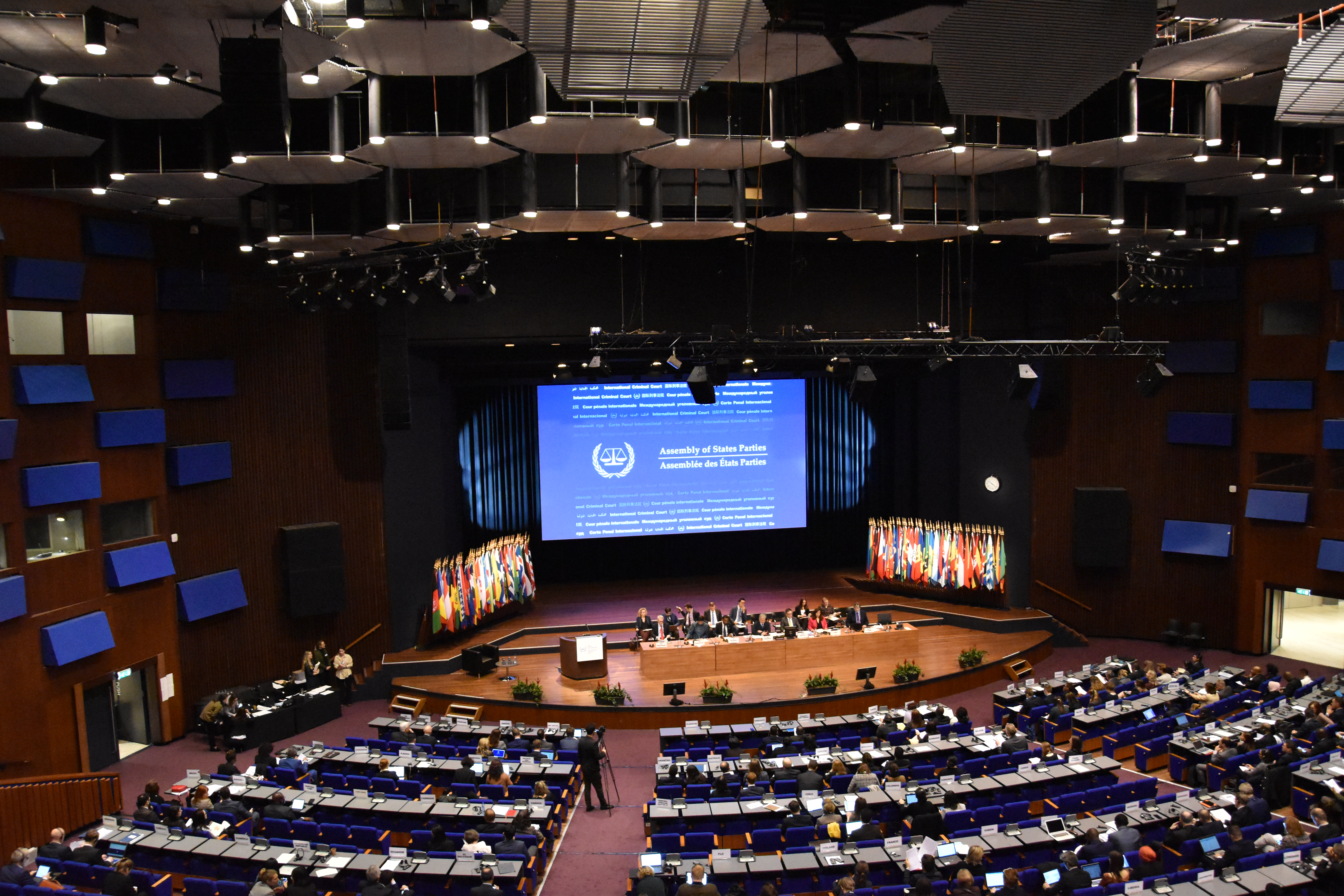
The Hague, The Netherlands, Dec. 3, 2019: On the occasion of the 18th Session of the Assembly of States Parties (ASP) to the International Criminal Court (ICC), the American Bar Association (ABA) reaffirmed its support for the International Criminal Court as the cornerstone of a global system of justice for atrocity crimes.
In a written statement submitted on behalf of the ABA, Past President of the ABA and Chair of the ICC Project Michael S. Greco noted that the envisioned court-wide review of the ICC aimed at strengthening the Court’s procedures and effectiveness, which will be discussed throughout this Assembly, is a opportunity to address the Court’s challenges. Greco encouraged States Parties and independent experts (a group of which is expected to be authorized to address certain topics as part of a review) to engage diverse voices and to involve Court officials/staff and civil society, who have unique perspectives on the Court’s challenges and potential solutions. Elsewhere during the ASP, the ICC Project co-hosted a side event highlighting on the unique perspectives that victims, affected communities, and civil society organizations can contribute to this process.
“This initiative has the potential to have a lasting impact on the Court’s history, but its impact will depend on the support and openness of all involved, including the Assembly of States Parties, Court leadership, experts and civil society. We must all be accountable for staying true to the ICC’s purposes and guiding principles while also questioning where it has fallen short and can do better to fulfill them.” - Michael S. Greco
Greco also stressed the continued need for all stakeholders to protect the independence of the Court’s legal professionals and its casework, including from political interference.
Read the full statement here.
The International Criminal Court (ICC) Project, jointly supported by the ABA’s Center for Human Rights and Criminal Justice Section, seeks to advance international criminal justice and US-ICC relations through advocacy, education and practical legal assistance. For more information about the ABA’s ICC Project, please visit its website.
ABA Urges United States and Other Governments to Respond to Crimes Committed Against the Rohingya

San Francisco, CA - At the 2019 American Bar Association (ABA) Annual Meeting in San Francisco, the ABA House of Delegates passed a policy resolution urging the United States and other governments to respond to crimes committed against the Rohingya population in Burma/Myanmar. The resolution was submitted by the ABA Section of International Law. Specifically, the resolution urged that certain U.S. government officials make a public determination on crimes committed against the Rohingya, impose targeted sanctions against Burmese/Myanmar military leaders, and pressure the Burma/Myanmar government to allow access for humanitarian aid in Rakhine State and end serious human rights violations against minorities in Myanmar.
The resolution also called upon the United Nations Security Council (and urging US support) to refer the situation to the International Criminal Court. Various UN fact-finding and investigative bodies, in addition to many civil society organizations, have documented alleged genocide, crimes against humanity, and war crimes committed against the Rohingya. The International Criminal Court Prosecutor has opened an investigation into certain crimes committed against the Rohingya, but the Court only has limited jurisdiction over crimes where at least part of the crime occurred in Bangladesh (an ICC state party) since Myanmar is not a state party.
Lastly, the resolution encouraged the United States and other countries to engage with the Bangladesh government to remove barriers to efficient humanitarian assistance and to ensure that future repatriation is safe and voluntary, mindful of necessary human rights protections.
The full resolution and its accompanying report can be found on the ABA’s House of Delegates website.
The International Criminal Court (ICC) Project, jointly supported by the ABA’s Center for Human Rights and Criminal Justice Section, seeks to advance international criminal justice and US-ICC relations through advocacy, education and practical legal assistance. For more information about the ABA’s ICC Project, please visit its website.
Statement of ABA President Bob Carlson Re: Restricting International Criminal Court Officials’ Visas

Washington, D.C., Monday, April 8, 2019 - The American Bar Association expressed concern today over recently announced US policy to restrict visas for certain officials of the International Criminal Court.
On Friday, March 15, 2019, Secretary of State Pompeo announced that the United States would restrict visas for “individuals directly responsible for any ICC investigation of U.S. personnel,” including “persons who take or have taken action to request or further such an investigation.” The administration also indicated that it may use visa restrictions “to deter ICC efforts to pursue allied personnel,” and that it may employ additional measures such as economic sanctions for those purposes in the future. The ICC confirmed in April that the United States had indeed revoked the visa of the Court’s Chief Prosecutor, Fatou Bensouda. These policies follow earlier statements regarding the Court made by administration officials in September 2018.
In a statement, ABA President Bob Carlson recalled the ABA’s long support for the Court and greater US engagement with it. He noted that the Court’s existence has “strengthened the expectation of justice held by victims and states alike.”
“In the United States, the independence and impartiality of our justice system is foundational to our democracy and commitment to the rule of law,” Carlson said. “Although the United States is not a member of the ICC, barring the travel of legal professionals because of their work on behalf of this international tribunal sends the wrong message about the United States’ commitment to those same principles in the pursuit of international justice and accountability.
The ABA urges the State Department to immediately reverse this policy decision and to refrain from taking actions against legal professionals based solely on their work on behalf of the ICC.”
Around the world, States Parties and other civil society organizations also expressed similar concern about the policies.
Read the ABA’s full statement here.
The American Bar Association’s (ABA) International Criminal Court (ICC) Project is an independent initiative of the ABA Center for Human Rights and Criminal Justice Section that advances international criminal justice and US-ICC relations through advocacy, education and practical legal assistance. For more information about the ABA’s ICC Project, please visit its website.
Statement on the Passing of the Hon. Patricia M. Wald
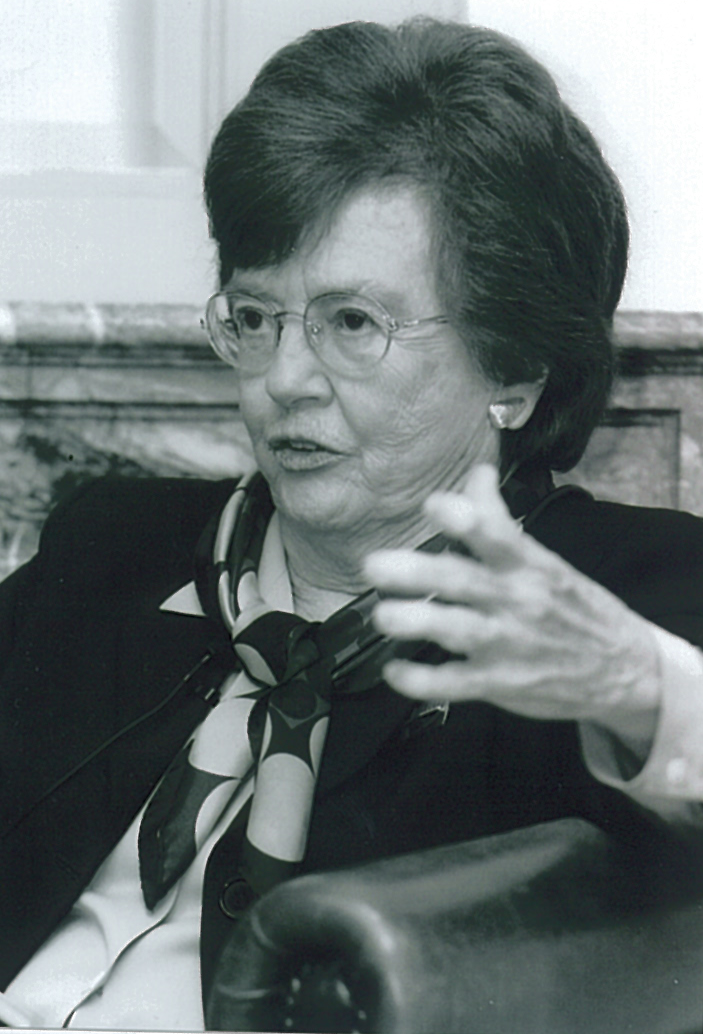
The ABA’s ICC Project remembers the Hon. Patricia M. Wald’s immeasurable contributions to international law and the legal profession.
ABA Reaffirms Strong Support for the ICC Before the Assembly of States Parties
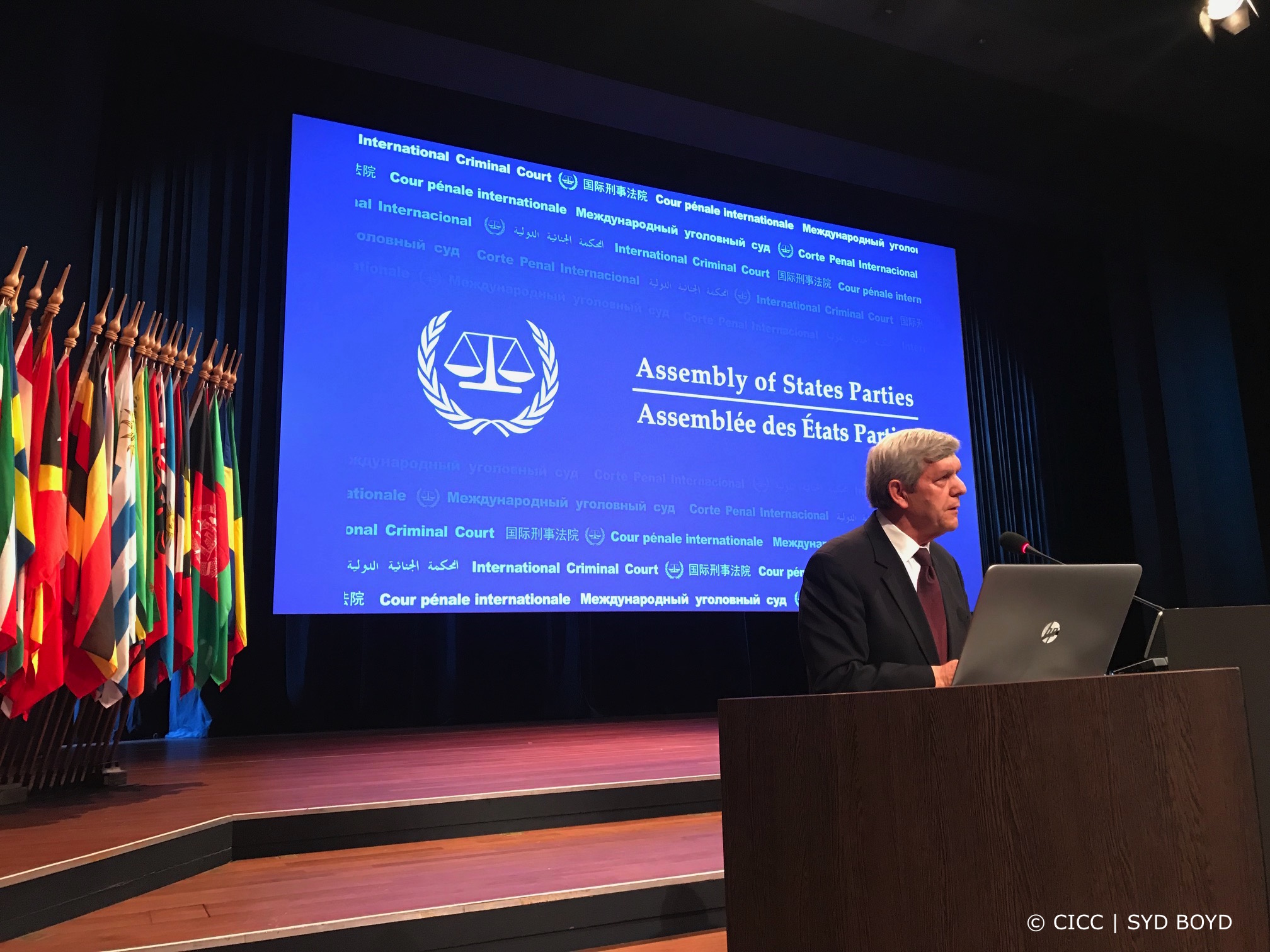
The Hague, The Netherlands, Dec. 7, 2018: Before the 17th Session of the Assembly of States Parties (ASP) of the International Criminal Court (ICC), the American Bar Association (ABA) reaffirmed its support for the International Criminal Court and the Court’s mandate to investigate and prosecute (where warranted) those responsible for international atrocity crimes. The International Criminal Court has jurisdiction over war crimes, crimes against humanity, genocide and the crime of aggression.
Addressing the Assembly on behalf of the ABA, Past President of the ABA and Chair of the ABA’s ICC Project Michael S. Greco recalled the ABA’s longstanding support for the ICC through policy positions advocating for the Court’s creation, and later for greater U.S. engagement and cooperation with the Court and its activities. He acknowledged the ICC’s centrality to international justice efforts and international peace and security, noting that “the fight to end impunity for atrocity crimes begins with support for the ICC.”
Greco also stressed the role of States and civil society in protecting the Court from political interference, and the necessity of adequate resources needed for the Court to continue its pursuit of international criminal justice.
“It is in the context of the ABA’s longstanding and unwavering commitment to the ICC that we join others in urging the Assembly of States Parties and international civil society to redouble their commitment to the ICC as well. The Court is needed now more than ever.” - Michael S. Greco
Read the full statement here.
2018 ABA Statement before t... by on Scribd
ABA Statements from past ASP meetings can be found here and here.
The American Bar Association’s (ABA) International Criminal Court (ICC) Project is an independent initiative of the ABA Center for Human Rights and Criminal Justice Section that advances international criminal justice and US-ICC relations through advocacy, education and practical legal assistance. For more information about the ABA’s ICC Project, please visit its website.
Side Event at ICC’s 17th Assembly of States Parties Examines ICC’s Upcoming Challenges and Possibilities for Advancing Accountability
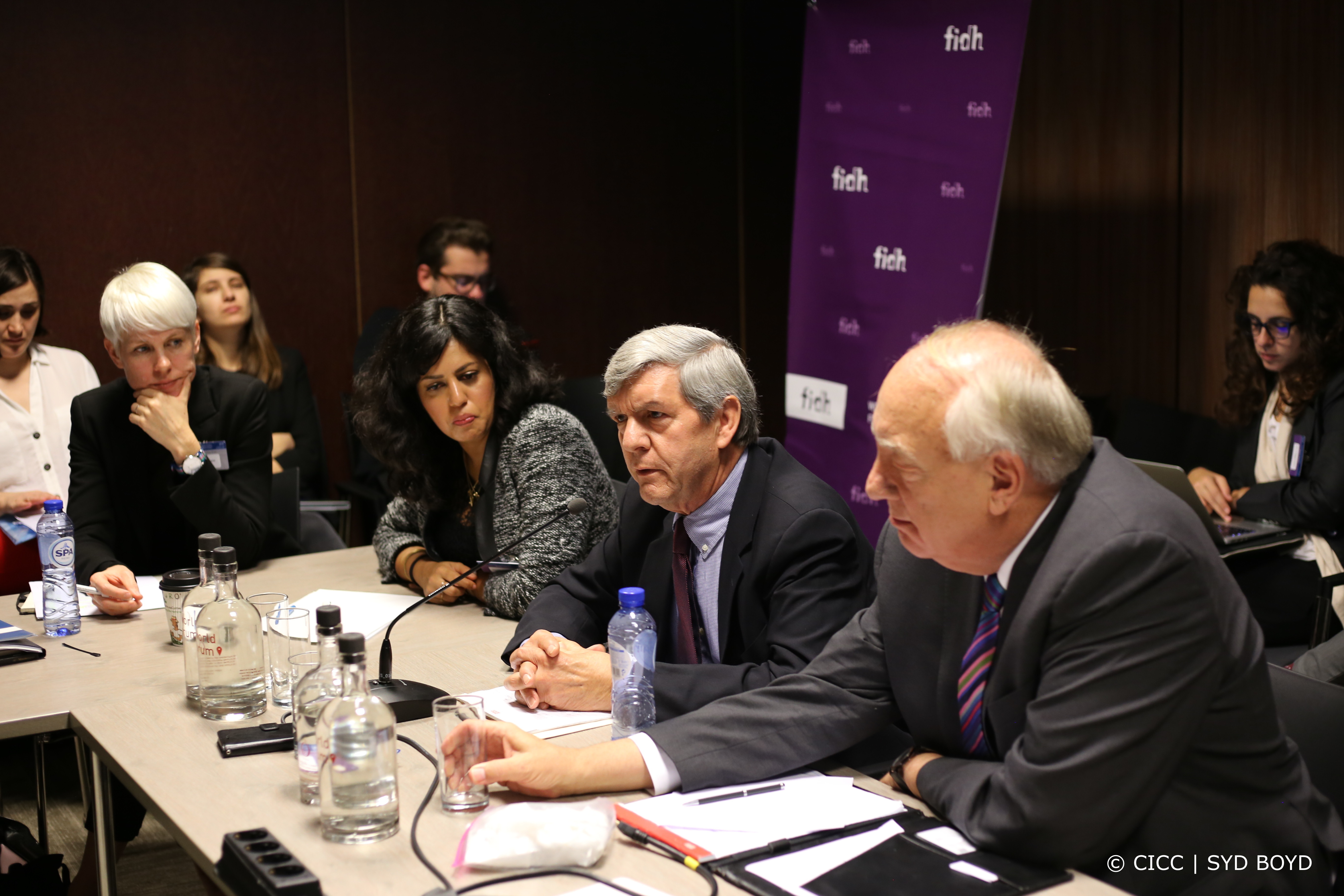
The Hague, The Netherlands, Dec. 6, 2018: In cooperation with the International Federation for Human Rights (FIDH), the ABA’s ICC Project and Criminal Justice Section organized a side event during the 17th Session of the Assembly of States Parties of the International Criminal Court. Convening a group of distinguished experts with experience in US policymaking, human rights investigation and international criminal accountability advocacy, the discussion centered on challenges and opportunities for increased accountability presented by the International Criminal Court’s recent preliminary examinations and investigations. Experts highlighted past U.S. cooperation with the Court and emphasized the legal profession and civil society’s role in advancing accountability for atrocity crimes. They also compared accountability initiatives attempted by the international community and civil society beyond the ICC for alleged conduct in Afghanistan, Myanmar, and other countries through universal jurisdiction and UN-mandated investigations, as well as the challenges present in seeking accountability for these alleged crimes before the ICC.
To view the event recap, click here.
The American Bar Association’s (ABA) International Criminal Court (ICC) Project is an independent initiative of the ABA Center for Human Rights that advances international criminal justice and US-ICC relations through advocacy, education and practical legal assistance. More information about the ABA’s ICC Project can be found at its website.
20 Years of the International Criminal Court - An Assessment
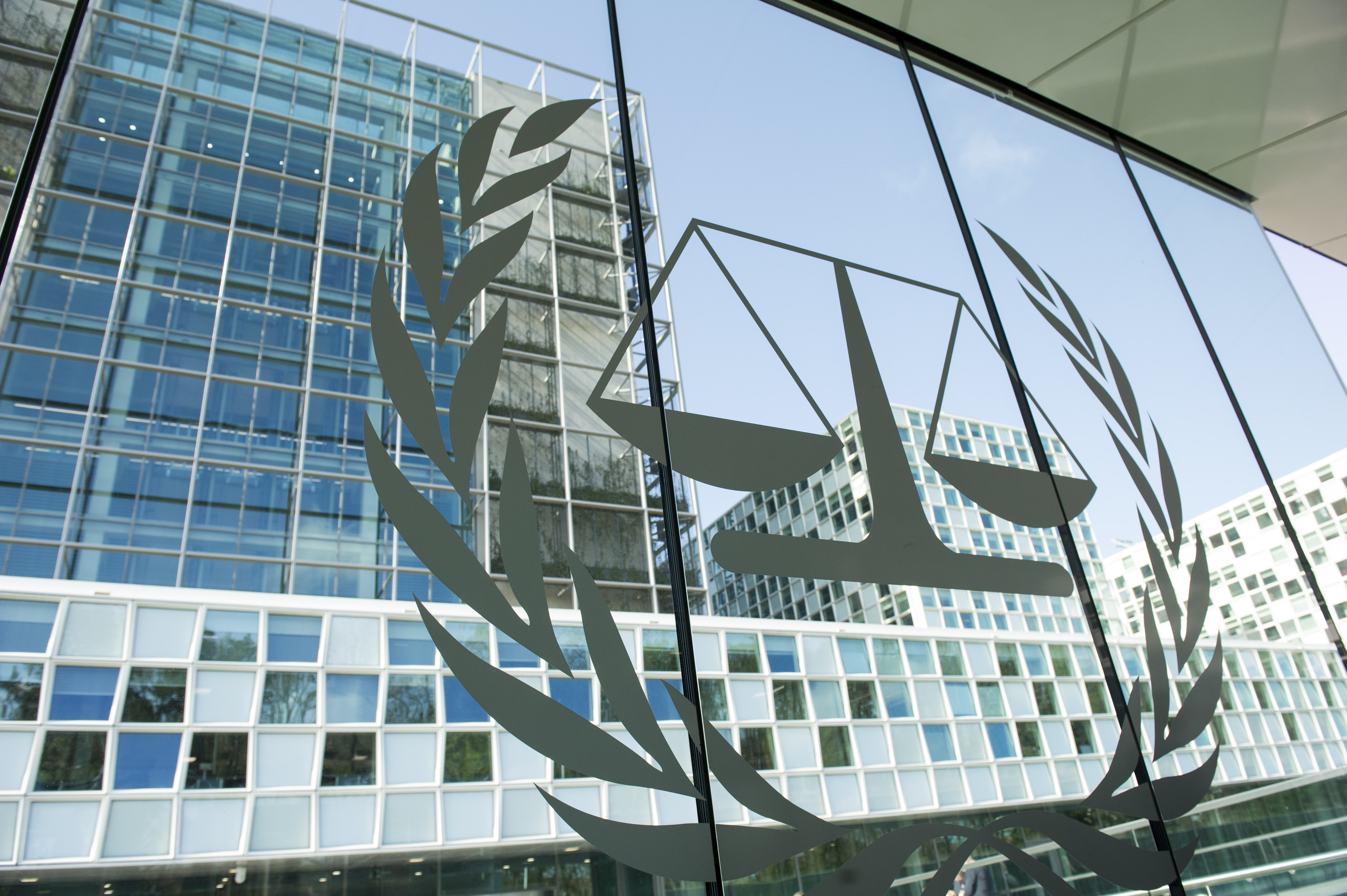
Please join us for a Capitol Hill panel briefing to celebrate International Criminal Justice Day and to discuss 20 years of the International Criminal Court.
ABA Emphasizes the ICC’s Progress and Potential in Ending Impunity and Preventing Mass Atrocities Before the Assembly of States Parties
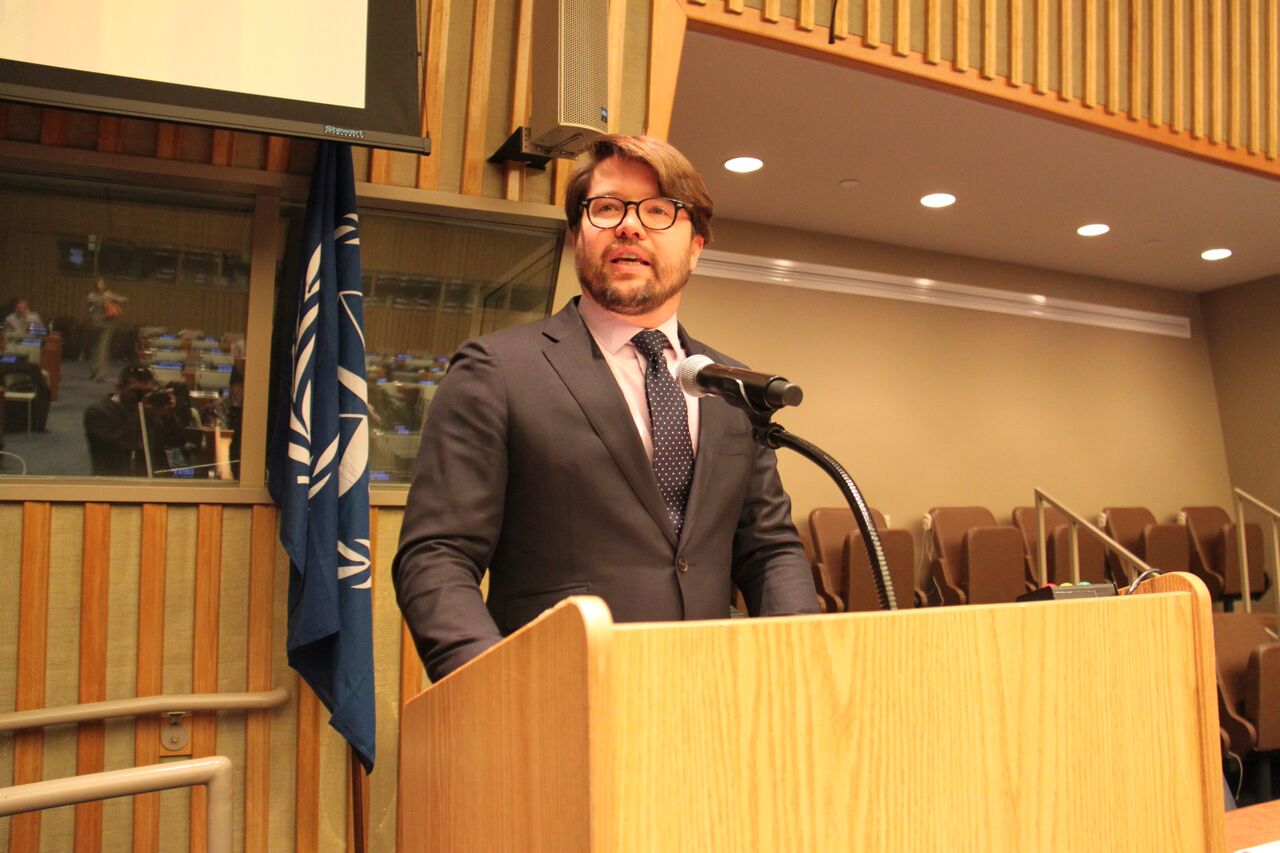
United Nations, New York, Dec. 2017: The American Bar Association (ABA) emphasized the International Criminal Court’s (ICC) role as a “bulwark against impunity” for perpetrators of mass atrocities before the 16th Session of the Assembly of States Parties of the International Criminal Court in New York.
Delivered by ABA’s ICC Project Board Member Christopher “Kip” Hale, the ABA’s statement emphasized the need for States Parties’ continued commitment to the ICC through political, financial, procedural, and other support, and underscored States’ role in empowering the Court to fight against impunity for atrocity crimes. This support was necessary, Hale said, in “mak[ing] achieving justice feasible; securing a durable peace, possible; and, by extension, making deterrence more likely.” With 2018 marking the 70th anniversary of the Universal Declaration of Human Rights and the 20th anniversary of the Rome Statute, Hale recalled the importance of accountability, prevention, and equality in the pursuit of international justice.
Read the full statement here.
ABA Statement before the 16… by on Scribd
ABA statements from past ASP meetings can be found here.
The American Bar Association’s (ABA) International Criminal Court (ICC) Project is an independent initiative of the ABA Center for Human Rights that advances international criminal justice and US-ICC relations through advocacy, education and practical legal assistance. For more information about the ABA’s ICC Project, please visit its website.
Statement on the Passing of Professor M. Cherif Bassiouni
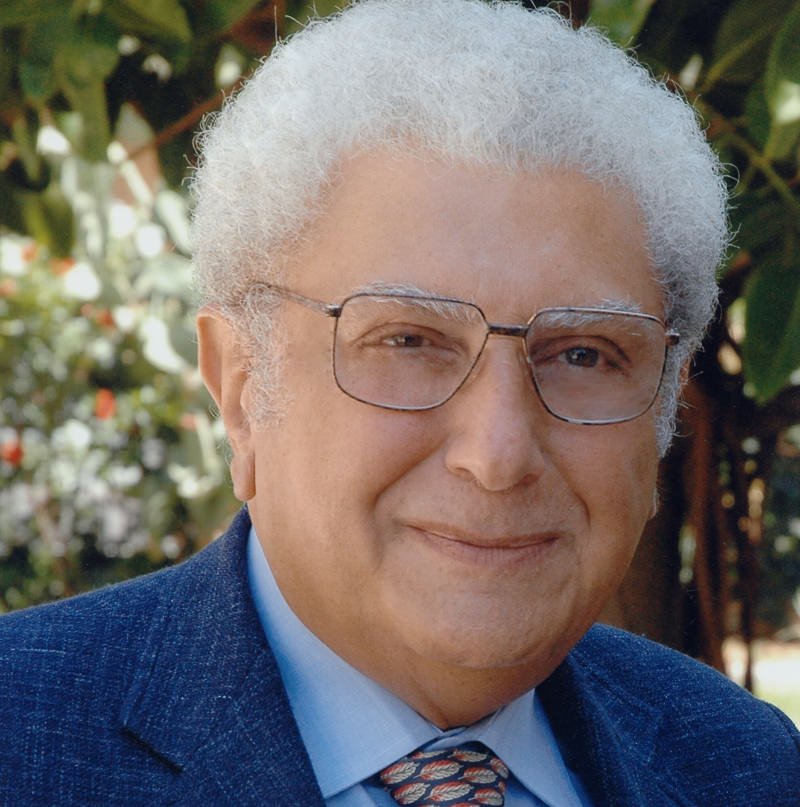
A founding member of the ABA’s ICC Project Board of Advisors, Prof. Bassiouni’s positive impact on the field of international criminal law is immeasurable.
ABA Urges US Congress and State Department to Preserve and Bolster the Office of Global Criminal Justice and Ambassador at-Large Post
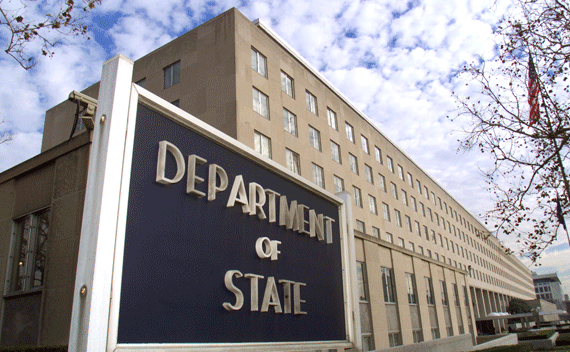
Washington, D.C. - At the 2017 American Bar Association (ABA) Annual Meeting held in New York City, the ABA House of Delegates unanimously passed a policy resolution urging the United States Congress and the Department of State to continue American commitment and support for criminal accountability for mass atrocities. Specifically, this ABA policy position urged not only for the continuation of the US State Department’s Office of Global Criminal Justice and its Ambassador at-Large post, but an increase in support for its critically important work helping global efforts to end impunity for the atrocity crimes of genocide, crimes against humanity, and war crimes.
The ABA took this policy position in response to recent news that the Donald J. Trump Administration is currently exploring whether to reduce or eliminate this State Department office and Ambassador at-Large position, and doing so without an alternative plan on how the US would continue to promote its interests and leadership in holding criminally accountable individuals who participate in mass atrocities around the world.
Emphasizing the importance of showing the American legal community’s support for international criminal justice, former ABA President and Chair of the ABA’s International Criminal Court Project, Michael S. Greco, introduced this policy resolution before the ABA House of Delegates. Speaking in support of the resolution was former US Ambassador at-Large for War Crimes Issues, Stephen J. Rapp, and member of the ABA’s ICC Project Board of Advisors, and former senior legal advisor to the North Atlantic Treaty Organization (NATO), Colonel James S. Durant III
(VIDEO OF ALL THREE REMARKS CAN BE FOUND HERE).
Acknowledging that “the promise of ‘never again’ has been hard to keep”, Ambassador Rapp stated that this unfortunate reality does not diminish the importance of the rule of law to deterring atrocity crimes. Ambassador Rapp further stressed that the State Department Office of Global Criminal Justice and its Ambassador at-Large are integral to ensuring that international criminal tribunals are appropriately resourced, receive US cooperation with atrocity crimes investigations and prosecutions, and are staffed by competent prosecutors, judges, and lawyers. He concluded by stating how important it is to the policy discussion in Washington, D.C. and to global efforts to investigate and prosecute atrocity crimes that the collective voice of American lawyers be heard.
Speaking after Ambassador Rapp was ABA Delegate Colonel Durant III who spoke intimately about how crucial the Office of Global Criminal Justice was to NATO missions to apprehend indicted atrocity criminals in the former Yugoslavia and transfer them to The Hague, The Netherlands. Noting the pride felt by him and his fellow servicemembers in supporting international criminal justice proceedings, Colonel Durant made clear that the Ambassador at-Large and Office of Global Criminal Justice was vital to the formation and implementation of strong US policy on atrocity crimes and, therefore, the office and Ambassador post must “of course” continue.
The approximately fifteen minute-long video of the remarks by Michael Greco, Ambassador Stephen Rapp, and Colonel James Durant III can be found at this link.
The ABA policy resolution and its accompany report discussing reasons to preserve and bolster the State Department Office of Global Criminal Justice and its Ambassador at-Large post (as well as the range of US national interests promoted by American support of global efforts to investigate and prosecute those who participate atrocity crimes) can be found at this link.
The American Bar Association’s (ABA) International Criminal Court Project is an independent initiative of the ABA Center for Human Rights that advances international criminal justice and US-ICC relations through advocacy, education and practical legal assistance. More information about the ABA’s ICC Project can be found at its website.
ABA’s ICC Project/Ipsos Poll Shows Continued Growth in American Support for the ICC and its Work

Polling also shows most Americans believe both military might and criminal cases are most effective way to combat terrorism
International Criminal Law in a Retreating World
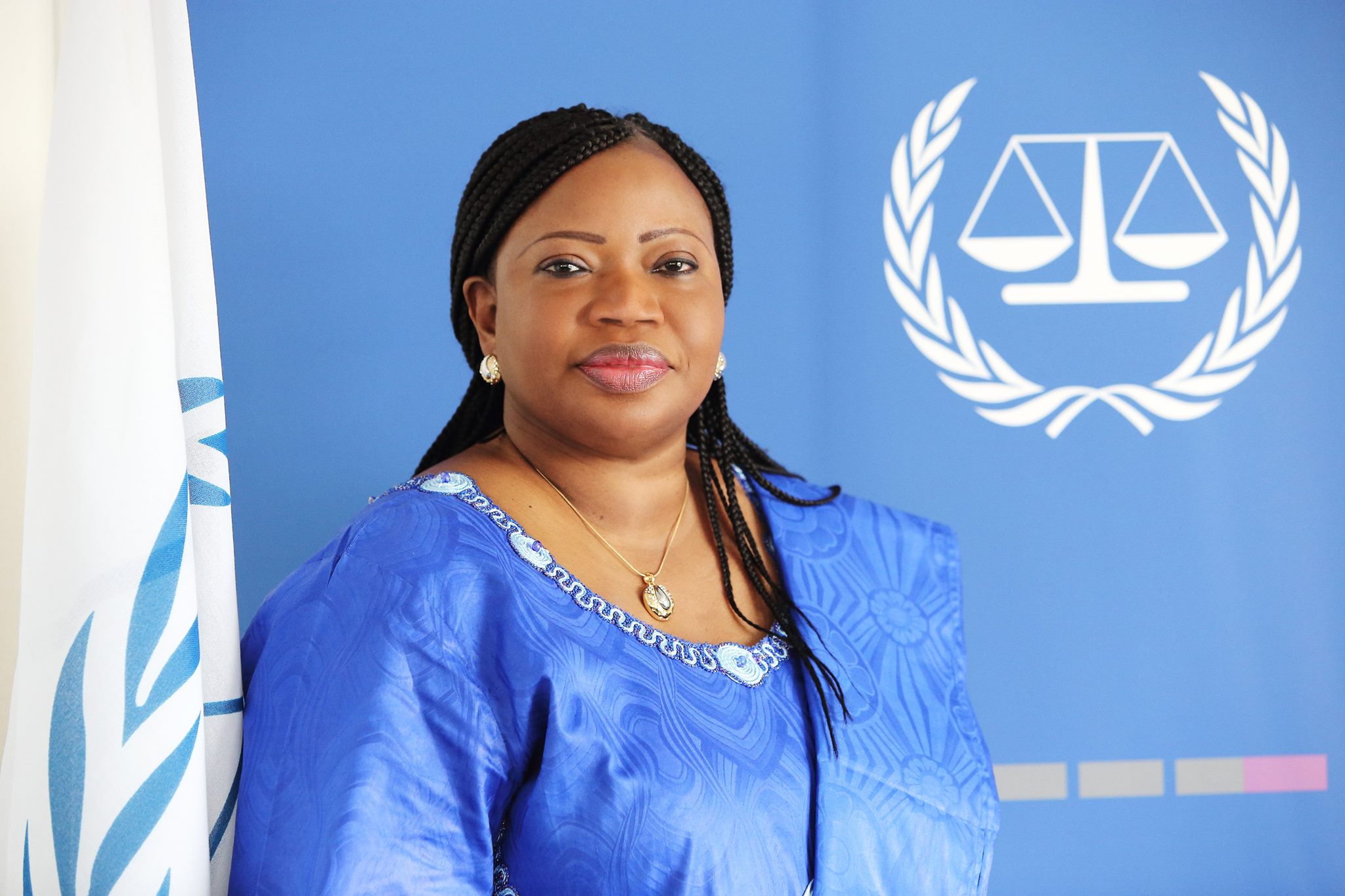
Please join us for this event on Thursday, April 13 in Washington, D.C. with Madame Prosecutor of the International Criminal Court, Fatou Bensouda, and other speakers.
ABA’s ICC Project/Ipsos Poll Shows Greater American Acceptance of the ICC and Support for ICC Investigation in Afghanistan
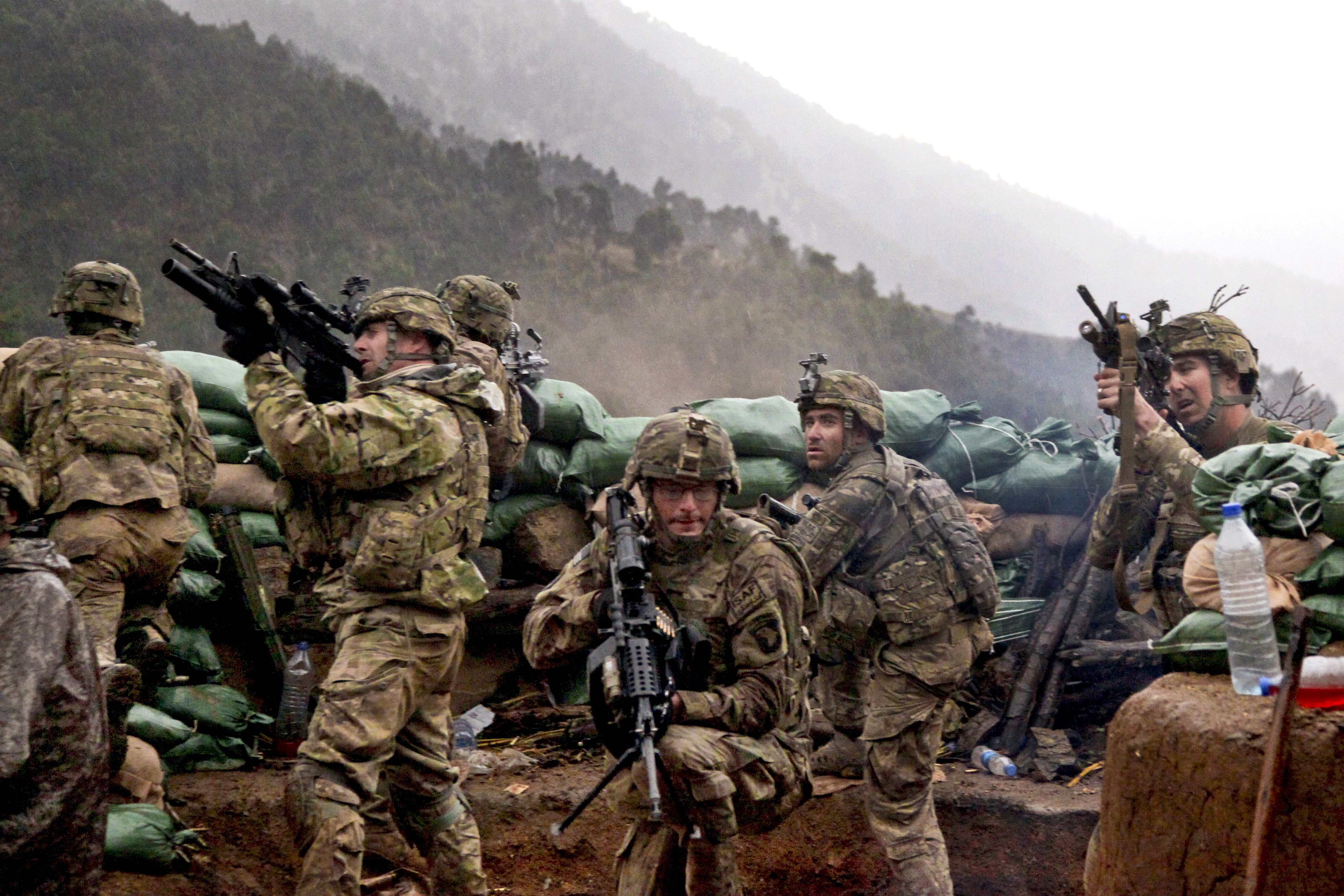
American understanding and support for the ICC continues to grow. Also, Americans are surprisingly supportive of an ICC investigation in Afghanistan regardless who may be investigated.
ABA’s ICC Project/Ipsos Poll Finds Support for Increased Assistance to the ICC
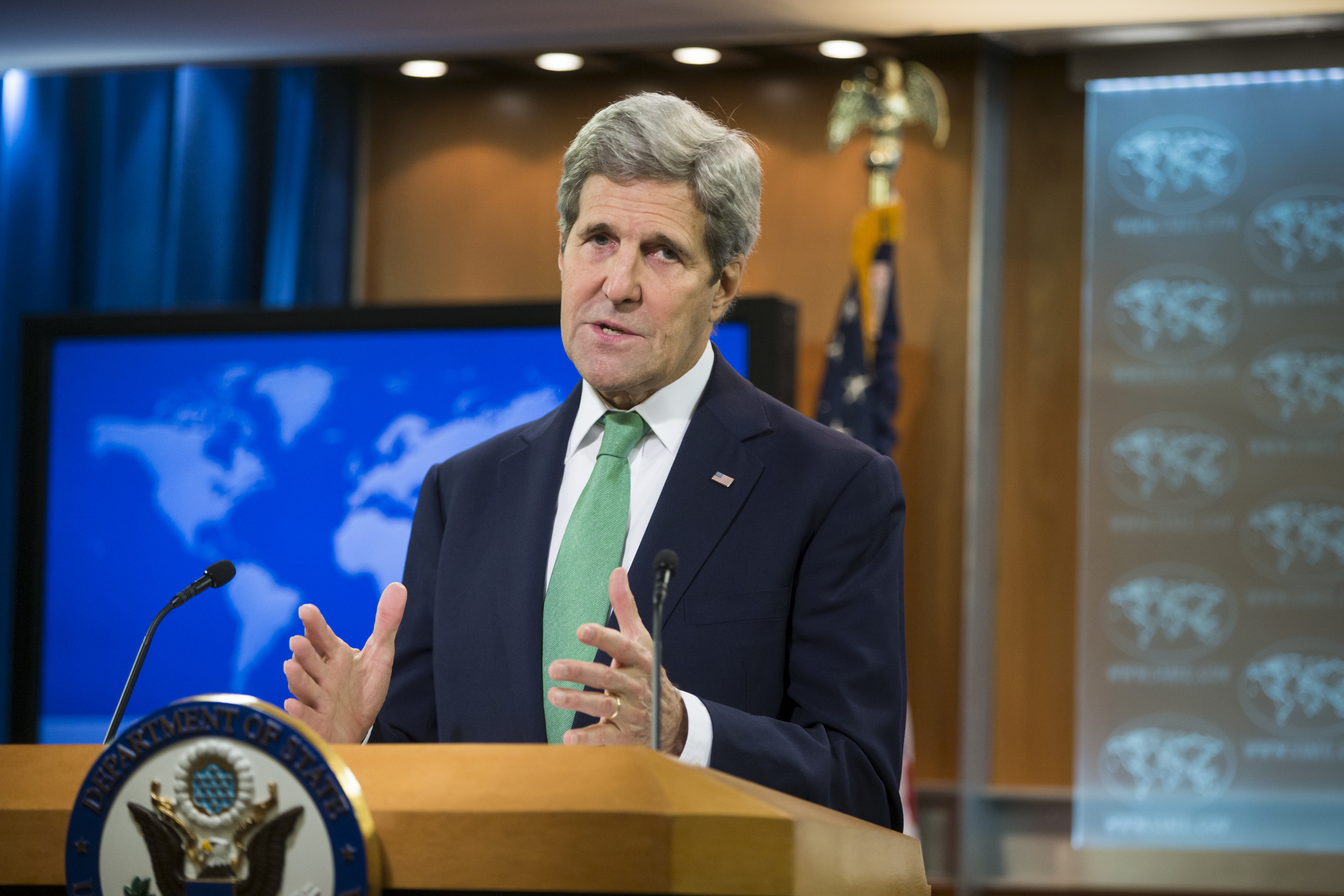
Polling shows improved awareness of the International Criminal Court (ICC), driven by awareness among youth.
Washington, D.C., July 26, 2016 – The American Bar Associations’ (ABA) ICC Project today released the results of its most recent polling on Americans’ opinions on the ICC and related current events. Done in partnership with Ipsos Public Affairs, the polling results show a positive trend in Americans knowledge of the ICC, which is now at the highest it has been since this tracking began, at 45%, a 6-point increase from the last survey in April 2016. The polling also shows an increase in support for the ICC, with more than four in ten (44%) Americans supporting increased US involvement or fully joining the ICC, while less than half of that number (21%) think the US should not join the ICC.
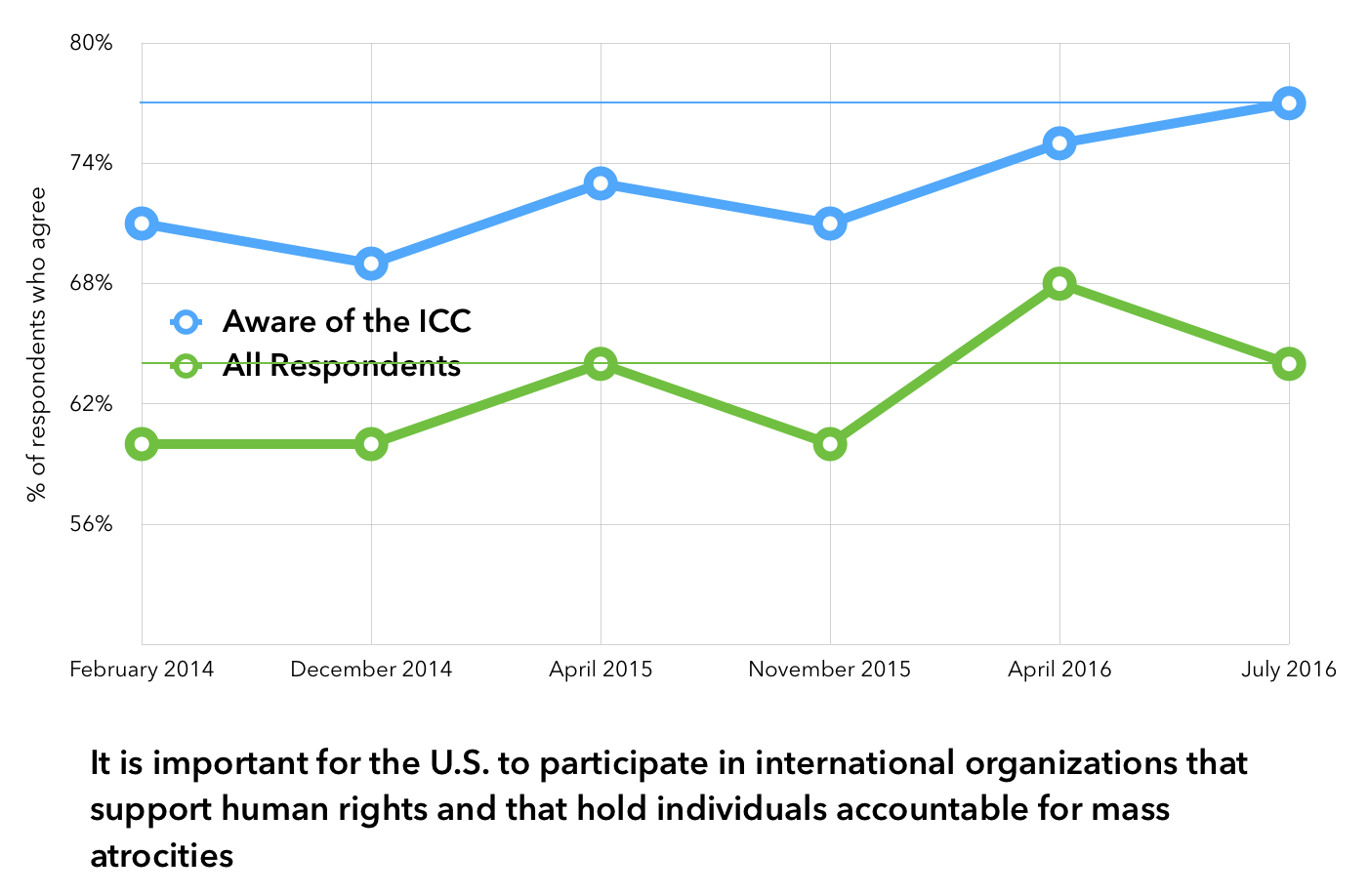
Following the U.S. House of Representatives’ unanimous vote that Islamic State (ISIS/ISIL) has committed genocide and other atrocity crimes against religious and ethnic minorities in Syria and Iraq, this quarterly polling also asked Americans for their opinions on U.S. involvement in ICC prosecution of these crimes. On this matter, nearly half (49%) of Americans agree that “the US government should push diplomatically and politically for the ICC to get involved in investigating and prosecuting these crimes in Syria and Iraq,” while only 21% deem that “it is not the US government’s job to get involved in investigating and prosecuting theses crimes in Syria and Iraq.” Additionally, more than half of American support providing assistance, including financial assistance, to the ICC for the investigation and prosecution of these crimes.
For more information on the most recent ABA’s ICC Project/Ipsos poll, please visit the polling report.
The American Bar Association’s (ABA) International Criminal Court (ICC) Project is an independent initiative of the ABA Center for Human Rights that advances international criminal justice and US-ICC relations through advocacy, education and practical legal assistance. More information about the ABA’s ICC Project can be found at its website.


